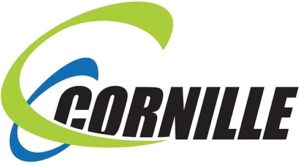
Current legislation
The EU has been striving to improve its health and food safety legislation which is why the precautionary principle underpins the new European regulations.
The current European standards which lay down “the health rules as regards animal by-products not intended for human consumption” are set out in an official document of the European Parliament and the Council (Regulation (EC) n° 1069/2009 of the European Parliament and of the Council of 21 October 2009 laying down health rules as regards animal by-products and derived products not intended for human consumption and repealing Regulation (EC) n° 1774/2002 (Animal by-products Regulation)).
Regulation (EC) n° 1069/2009 :
- lays down animal and public health rules for the collection, transport, storage, handling, processing and use or disposal of animal by-products ;
- “avoids any risk that these products may cause to animal or public health”. The European Union (EU) has chosen the term animal “by-products” to describe the raw materials collected in abattoirs and in boning rooms;
- defines amongst others the terms “animal”, “farmed animal”, “wild animal” and “pet animal” ;
- defines the classification of the animal by-products into categories 1, 2 and 3.
This legislation covers all the activities related to animal by-products in the EU. However it leaves Member States free to implement more stringent regulations whenever they deem it appropriate.
For example, France decided to go further with regards to food safety by limiting the use of certain products, whereas other Member States simply follow the European legislation.
Regulation (EC) n° 853/2004 establishes specific rules applicable to the hygiene of food of animal origin.
